This article changed my family's life more than any other I've read.
It contributed to us moving 3,000+ kilometers away (from San Diego to Atlanta).
People often reflect on their lives during these holidays at the end of the year.
So I want to pass along a couple of insights from author Tim Urban that I have found helpful.
(You should definitely read his full articles because they are genius.)
He invents clever diagrams to explain his thinking:
I don't know if I'm ruining the effect of the article by omitting most of it and skipping you to its end...
But you eventually reach the gut-punch of this section:
Being in their mid-60s, let’s continue to be super optimistic and say I’m one of the incredibly lucky people to have both parents alive into my 60s.
That would give us about 30 more years of coexistence.
If [I continue to spend ~10 days a year with them], that’s 300 days left to hang with mom and dad.
Less time than I spent with them in any one of my 18 childhood years.
When you look at that reality, you realize that despite not being at the end of your life, you may very well be nearing the end of your time with some of the most important people in your life.
If I lay out the total days I’ll ever spend with each of my parents—assuming I’m as lucky as can be—this becomes starkly clear:
Days available with my parents (past vs future)
Tim's post is powerful.
Regardless of whether you have a good relationship with your parents, thinking in these terms can cause you to make different decisions.
For example, maybe you'll realize that you only have 10 ocean swims left in your life.
Or 5 snowboarding trips.
Maybe you'll decide to savor them more.
Or decide "That's not enough!" and schedule more of them.
For me, I did decide that I wanted to spend more time with my parents.
My partner and I moved across the country to be within a 30-minute drive.
Go ahead and read https://waitbutwhy.com/2015/12/the-tail-end.html and see what new decisions it inspires in you.
It might call into question some of your values (or highlight ways that you could honor your values better).
Interestingly, that same author (Tim Urban, my favorite) helps me also NOT worry about the future being so precious / fragile / short.
(At least in certain ways.)
For example, I think about this graph constantly:
Technology is progressing exponentially.
See his article at https://waitbutwhy.com/2015/01/artificial-intelligence-revolution-1.html
In the span of 30 years (since 1992), the video games I've played have improved from:
To:
Within 3 decades, they've gone from barely worth playing to almost indistinguishable from television.
My guess is that within 1 to 3 decades, we will have fully immersive VR available that will feel indistinguishable from reality.
(Or maybe we're already in some kind of virtual reality unknowingly. 😉)
Additionally, futurists such as Ray Kurzweil believe that some people alive today might be young and healthy enough to reach "longevity escape velocity":
a hypothetical situation in which one's remaining life expectancy (not life expectancy at birth) is extended longer than the time that is passing.
For example, in a given year in which longevity escape velocity would be maintained, technological advances would increase people's remaining life expectancy more than the year that just went by.
So, like much of life, there's a paradox.
There's a struggle to appreciate what we have.
"Life is short."
There is inevitably much loss and grieving.
We don't want to take anything for granted.
But on the other hand, technology has been vastly improving opportunities, comfort, longevity, entertainment, and so on.
Plus, the rate of improvement has been accelerating.
And maybe death will be optional.
The world is going to get weird and unpredictable.
Part of me feels like I've just written a post that creates tension and doesn't resolve it.
But I actually find this tension and confusion fascinating.
And grappling with all of the layers and contradictions feels like a fuller experience of life than not.





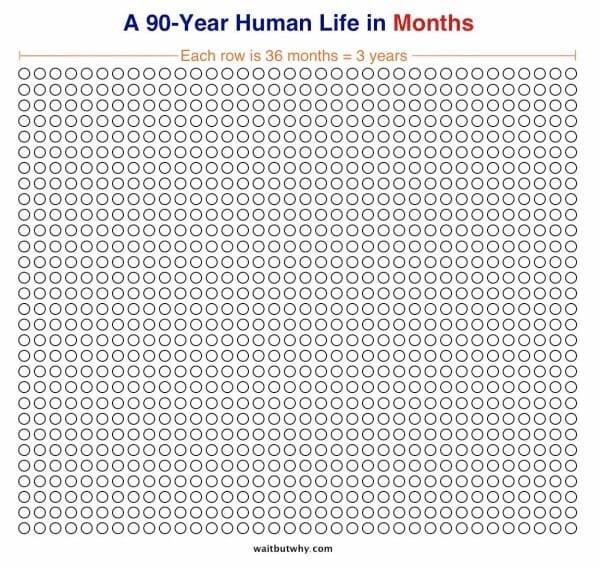
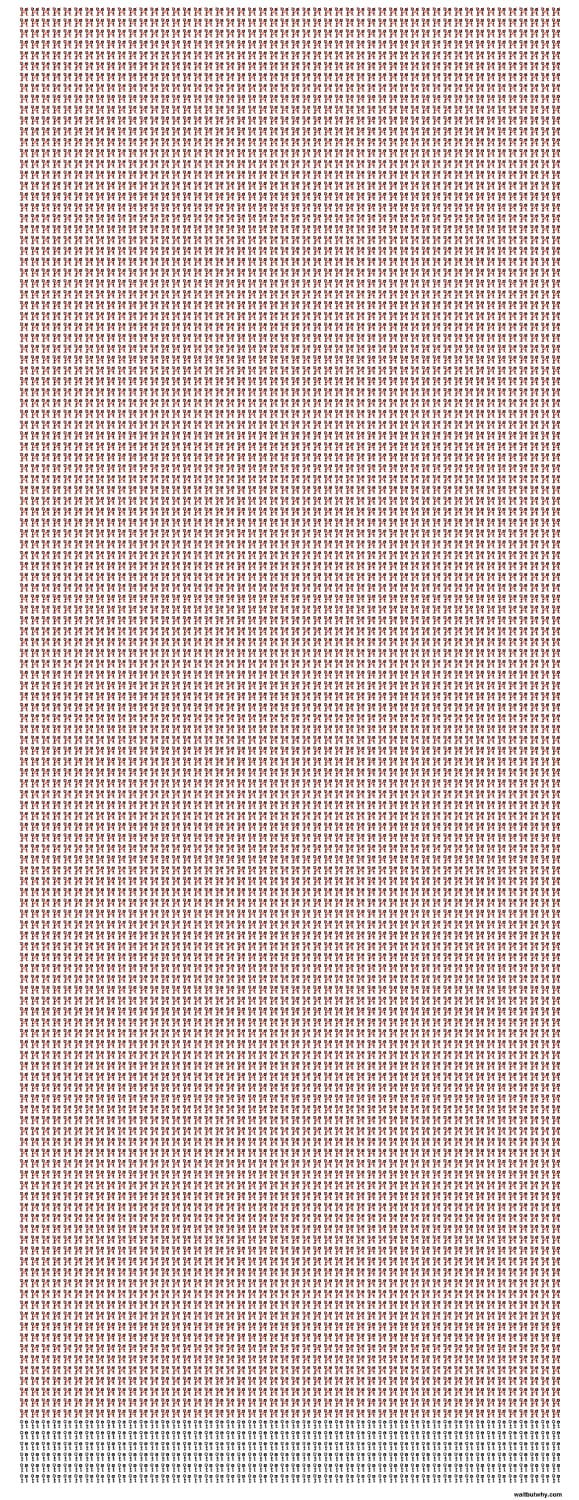
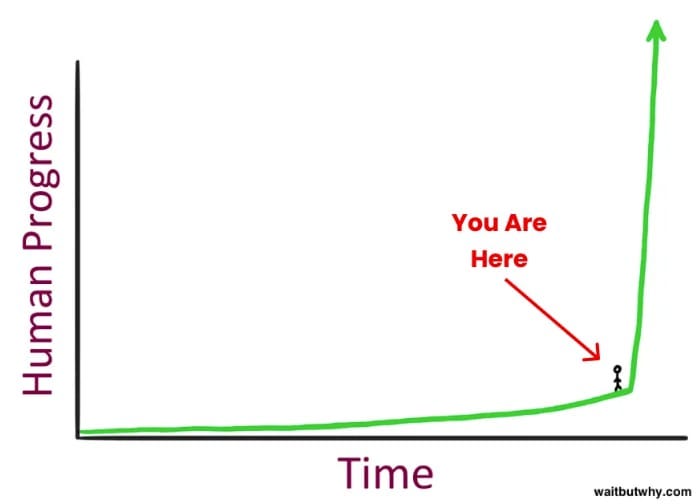
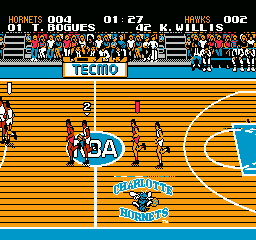
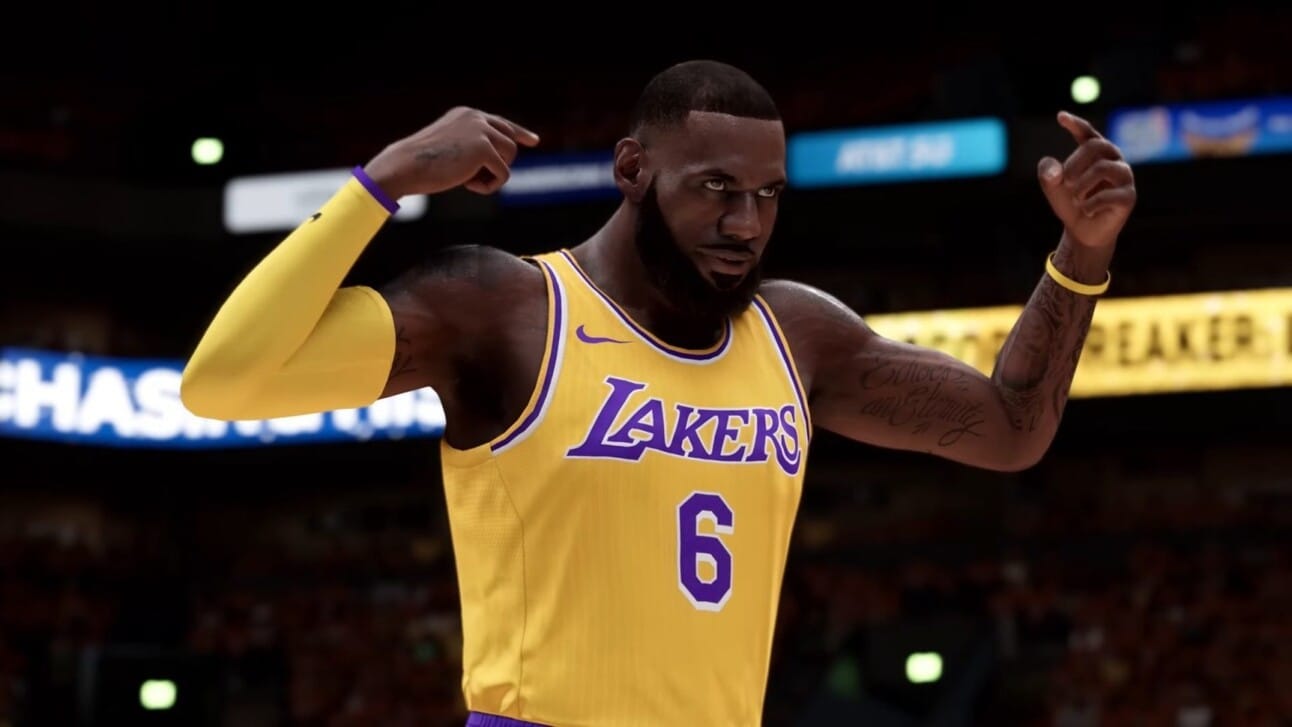
Thanks for sharing the visual of days left. I decided to return this year across the world to be close to my parents - I realised I might see them
Once more due to cost and time of long haul flights. I don’t think I will regret this either